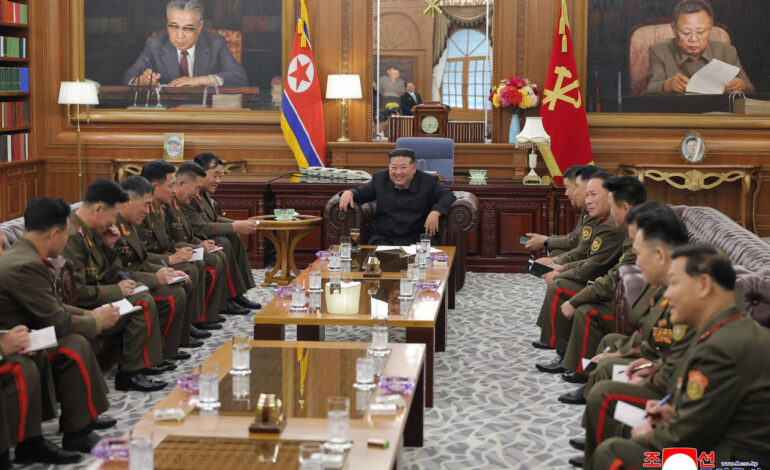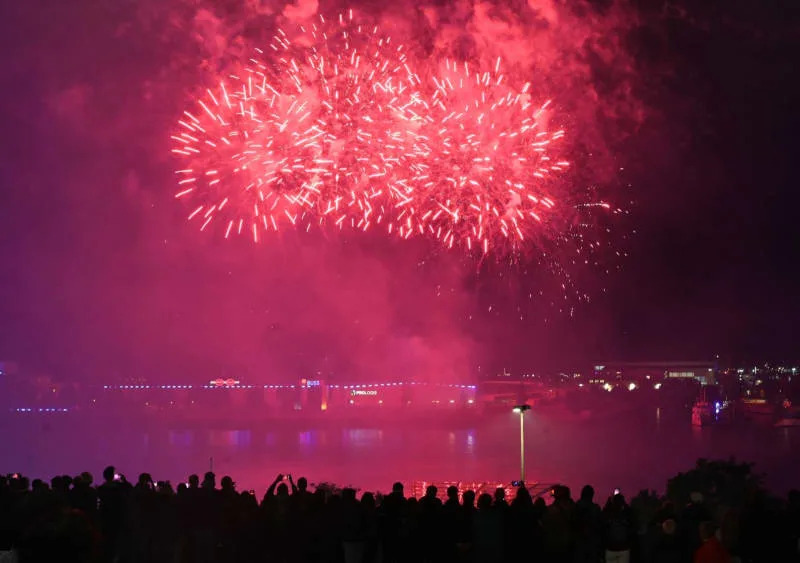North Korea’s Military Leaders Recalled from Russia Amid Tensions

North Korea has unexpectedly recalled its senior military officers from Russia, a move that could complicate ongoing peace talks regarding the war in Ukraine. This decision comes as tensions escalate in the region, raising concerns over the implications for both Ukrainian stability and international relations.
The Kim regime’s military engagement has been under scrutiny, particularly in light of reports indicating that North Korean officials were actively involved in discussions about military support for Russia. According to a statement from the North Korean Ministry of Defence, the officers were in Moscow for collaborative discussions about military operations and strategies. However, their sudden return to Pyongyang on March 5, 2024, suggests a shift in priorities, possibly influenced by internal assessments of the geopolitical landscape.
Implications for Peace Talks
The recall of these officers could have significant ramifications for the peace negotiations led by the United Nations Security Council. As North Korea continues to support Russia’s military endeavors, the potential for a diplomatic resolution in Ukraine diminishes. The involvement of North Korean military personnel, known for their heavy combat experience, raises alarm among Western powers that view this collaboration as a serious escalation in the ongoing conflict.
In recent months, North Korea has strengthened its ties with Russia, partly in response to perceived isolation from the West. Analysts believe that Kim Jong-un’s regime sees an alliance with Russia as a means to bolster its own military capabilities while simultaneously undermining international sanctions. The United Nations has repeatedly condemned North Korea’s arms trade, which could face further scrutiny given this development.
The timing of the officers’ recall is also noteworthy. With peace talks faltering, the move may signal an adjustment in North Korea’s strategy, potentially aimed at consolidating power domestically. The regime’s priority may now focus on internal stability rather than external military collaborations. This is particularly relevant as North Korea faces ongoing economic challenges exacerbated by global sanctions and the impact of the COVID-19 pandemic.
Reactions from the Global Community
International reactions to North Korea’s military decisions have varied. While some nations express concern over the implications of this recall, others view it as a strategic retreat. The U.S. Department of State issued a statement stressing the importance of adhering to international norms and called for a renewed commitment to peaceful negotiations.
In Russia, the government has not publicly commented on the recall, leading to speculation about the state of its military alliance with North Korea. Analysts suggest that Russia may be reconsidering its reliance on North Korean support as it faces increasing military challenges in Ukraine.
As the situation evolves, the world watches closely for any shifts in North Korea’s military posture and its impact on regional stability. The recall of these top officers highlights the intricate web of alliances and conflicts that characterize the current geopolitical landscape, emphasizing the need for continued dialogue and diplomatic efforts to prevent further escalation.
The next steps taken by both North Korea and Russia will be pivotal in shaping the future of peace talks and the broader dynamics of international relations in the region.






